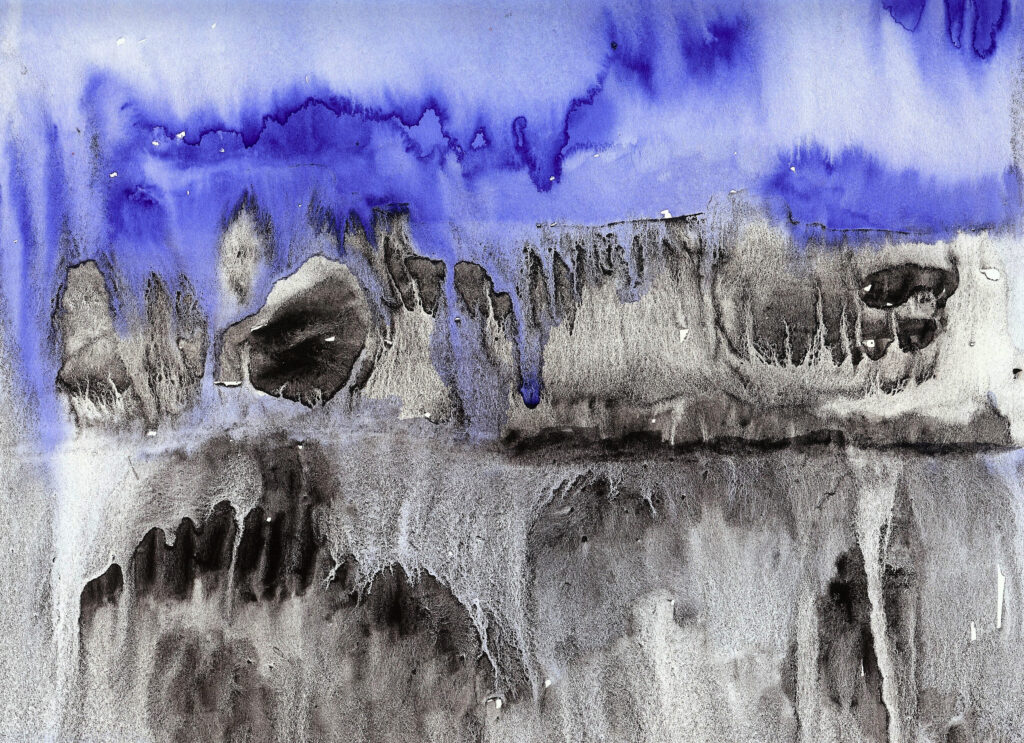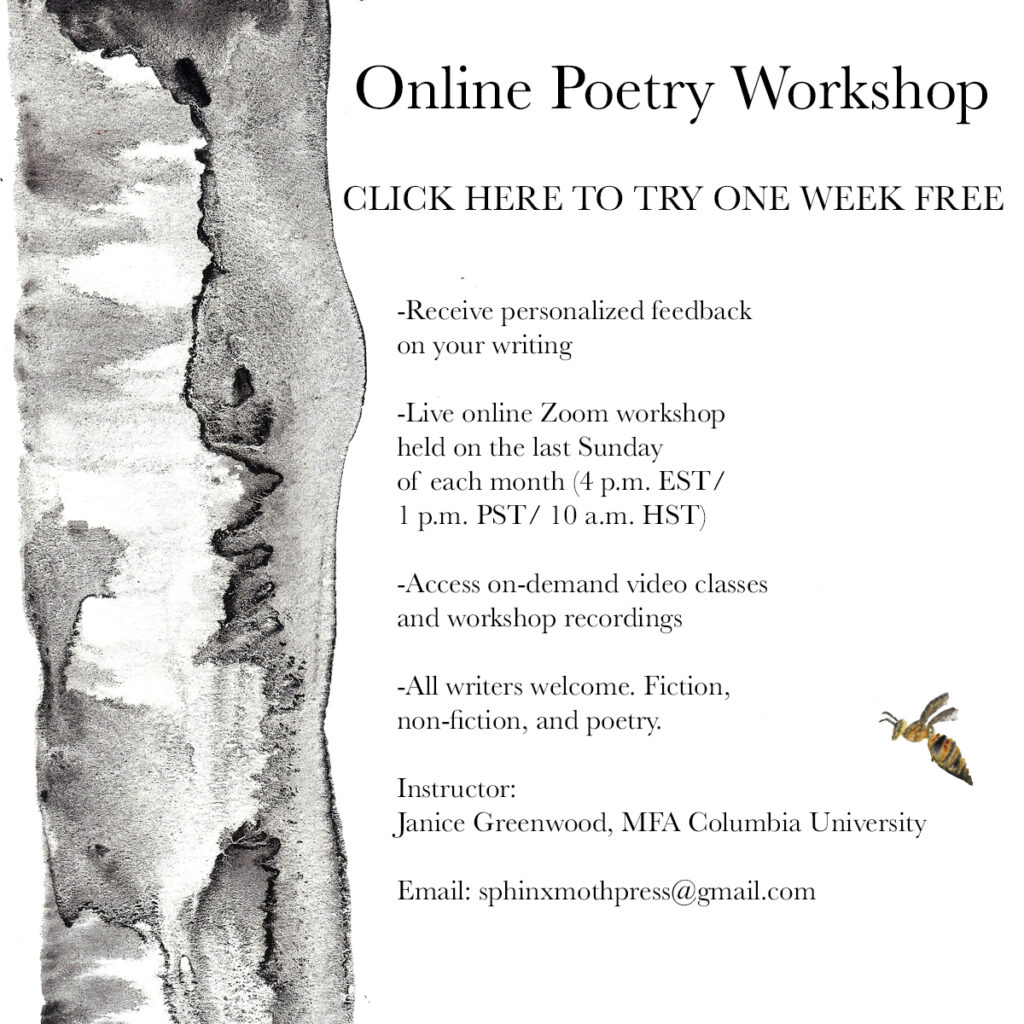When Stephen Colbert’s The Late Show stopped live taping in the Ed Sullivan theatre, Colbert renamed his ongoing “Meanwhile” segment to “Quarantinewhile,” and has since taken to opening each segment with some stunning Homeric similes. For anyone who has had to sit through an eleventh grade English class (and forgotten), the Homeric simile (also known as Homeric metaphor, epic simile, epic metaphor, or extended metaphor—depending on whether the author used “like,” or “is”) was a literary device used by Homer in the Iliad and Odyssey, often to compare the human world to the wild world, or as a technique to yoke the unfamiliar to the familiar. Homeric similes are essential world-building constructs, used by epic poets like Homer, but also Dante Alighieri, John Milton (Poetry Foundation has a beautiful example from Paradise Lost on their website), Geoffrey Chaucer, and William Shakespeare, to name a few.
Homeric similes seldom appear in contemporary poetry because very few contemporary poets write in the epic form. Poems are just too short these days. And so, when Stephen Colbert brings a dying form to a popular medium like The Late Show (last I checked each Quarantinewhile segment gets close to a million views on YouTube), I think it’s important to take note.
What’s most striking about Colbert’s Homeric similes is that they are damn good, and also incredibly funny. They are incredibly funny because they incorporate another literary technique you probably learned in English 101: the anti-climax. Each Quarantinewhile Homeric simile begins with an elevated description of some luxury item, quickly followed by a stunning deflation of the previous description.
Let’s look at a recent example:
Stephen Colbert explains that he spends most of his days “lovingly juicing the day’s ripest stories, sifting out the unnecessary pulp with my state of the art topicality filter, pouring it into a fine chilled baccarat glass, and topping it off with a healthy pour of La Marca prosecco to give you the effervescent $16 Bellini that is my monologue, but sometimes, I wake up after a bender in a compost pile, scrape whatever eggshells and cucumber peels, and coffee grinds are stuck to my shirt into the blender I made out of a discarded garbage disposal, splash in some moonshine, then plug my nose as I serve you the bootleg hootch smoothie that is my segment: Quarantinewhile.”
First of all, I have to credit the absolutely brilliant pun on “pulp,” with pulp of course being the slop you want to get out of your orange juice, but also the lurid, often tasteless, and sensational material that often ends up in every Quarantinewhile segment. In this particular Quarantinewhile segment, for example, we learn of a Chuck E. Cheese animatronic mouse that has been discovered in a landfill “in grim portents of the horrifying decay that awaits us all.” The mouse, Colbert further states, speaks to the “duality of our age” where the eyes are downcast, but the mouse himself remains “upright in the face of an indifferent universe.”
In a Quarantinewhile segment that includes the latest Taylor Swift gossip, Colbert goes on to describe the “Victorian era sweetheart locket of stories that is my monologue” followed by this: “but sometimes I snap awake in a cold sweat forgotten that Valentine’s Day is coming, rummage through the pantry for a box of noodles I bought to stock up for Hurricane Sandy, hastily trim them into shape with some rusty garden shears and string ‘em onto the blood stained shoelace from a boot I salvaged on the highway to create for you the accursed Macaroni necklace of news that is my segment: Quarantinewhile.”
Stephen Colbert’s Quarantinewhile monologue is indeed filled with “the accursed Macaroni necklace of news” that is life in quarantine. The very structure of the Homeric simile speaks to our current condition. We sit isolated in our homes, waiting for the news that will finally tell us this madness will end, only to find ourselves staring into the void and dead eyes of a discarded Chuck E. Cheese mouse. Every day we refresh the load button in the hopes that it will finally produce a different outcome—the appearance of a vaccine appointment for our elderly parents, only to stare into the malfunctioning void of an error message or worse, a screen unchanged, all the while, Facebook continues to make billions off its sophisticated algorithm that may or may not have destroyed democracy as we know it. We watch in horror as Texas freezes, its grid gridlocked, while the Mars rover lands on an alien world.

Colbert’s The Late Show offers us a mixture of high art and low art, lovingly blended into a pastiche that is at once comedic, and also apt commentary on American life. Our art, in order to succeed, must eventually look to a common denominator, and in a world so fragmented by the internet and social media, often the only thing that binds us together are our discarded coffee grounds, the salvaged dregs of common news that somehow reaches us all either through virality or absurdity.
What I gather from Colbert’s Homeric similes is that he and his writers aspire to high art and craft. And yet, they understand their medium well. Like Shakespeare who often repeated himself, thus allowing his plays to both contain words like “appurtenant” and “pertinent,” Colbert and his writers pack the Homeric simile with commentaries on late capitalism, high art, and curatorial taste (his Quarantinewhile segment has been compared to the pyramid of Kufu, a fancy Bellini, a Victorian locket), followed by the comparison, the common coffee grinds we all throw away, the cat litter covered burial hole, the cheap beer we all drink.
And then there’s this one: “Folks I spend a lot of time hewing the finest topical news stones from the nearby information quarry, hiring the most cutting edge architects to employ a complex series of ramps and pulleys to delicately deposit them with inch-perfect precision to create for you the epic, awe-inspiring pyramid of Kufu that is my monologue, but sometimes I like to just grab a shovel, dig a hole in a culvert, fill it with roadkill, bones, old bicycles, and yesterday’s coffee grinds, then top it off with some used cat litter, powdered lime, and quick-drying concrete to seal the ramshackle burial chamber that is my segment: Quarantinewhile.”
“Dig a hole in a culvert” may or may not be a play on Colbert, but I wouldn’t put it past the writers to pull that one off. Stephen Colbert’s Quarantinewhile does more than make me laugh, he brings a little slice of comic epic poetry to mass media. Day after day. And they keep saying poetry is dead. It is not dead. It has just found other forms.

About the Writer
Janice Greenwood is a writer, surfer, and poet. She holds an M.F.A. in poetry and creative writing from Columbia University.
